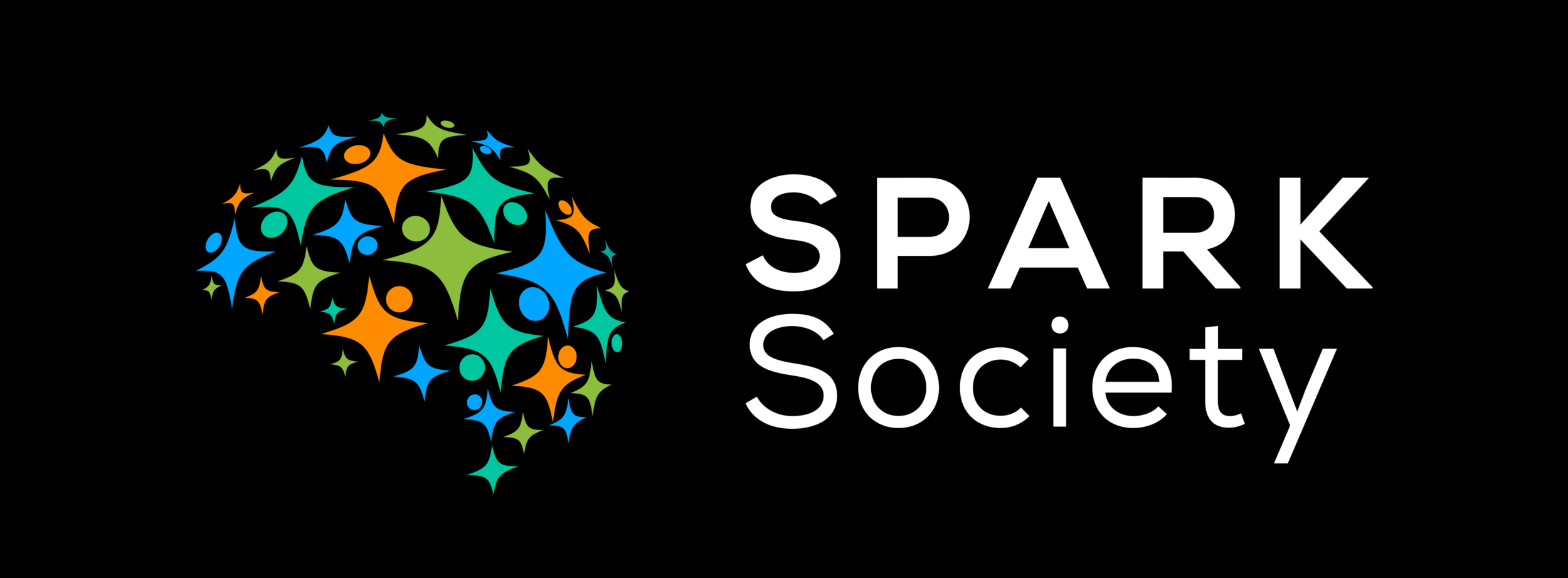Since the interview, David has started a postdoc at the University of Michigan. In fall of 2022, he will start at UC Santa Cruz as an assistant professor.
Since the interview, David has started a postdoc at the University of Michigan. In fall of 2022, he will start at UC Santa Cruz as an assistant professor.
How did you become interested in cognitive science/psychology?
When I transferred into UW my academic advisor suggested I take a Cognitive Development course, which I did begrudgingly. I thought I wanted to go into clinical psychology but then realized this was really cool. I started working in Dr. Alibali’s lab after that class and my interest grew.What is the focus of your research?
I do research on how children learn concepts in science both formally and informally. How do conversations or media lead to learning science concepts? How do teachers use diagrams to teach science?What aspects of your work do people get really excited about?
People in general get excited about science and how people talk about it. They get more excited about informal learning environments such as how parent talk or media has an impact. I also have some work on children’s understanding of death, mostly in 3–6-year-olds, so people have lots of questions about that.Where do you see your research going over the next few years?
I think where I would like to go is to combine the formal and informal learning work. Much of the research only looks at one. In my dissertation I want to see if the factors from formal learning also play a role in informal learning. I would like to see how the same topic differs when learned through each of these routes.Do you see yourself in industry or academics moving forward?
That’s a hard question. One thing I want to keep doing is research. Because my questions are fairly applied, that could happen in both. At least for now, I am leaning more towards the academic route.What’s it like being a person of color in cognitive science?
It is interesting being a person of color because when I talk to my parents or friends everyone thinks it is super exciting that I am in graduate school and I get a lot of support. In my immediate professional network, you can sometimes get a lot of the opposite message “you don’t have what it takes” or “people like you shouldn’t be here.” This can be explicit or implicit. I have to think about who to put on my committees not just regarding expertise but the support of things like bringing in Latinx populations to my research.Any advice for other graduate student researchers of color? Look for people who will appreciate the kind of work you want to do. Try to find a place where you can be co-advised so you have multiple people to rely on. This can increase the number of people who can advocate for you if problems come up. Some people are better at dealing with inappropriate comments and helping you navigate it.
What changes have you noticed in your field or the field more generally?
In the cognitive development field more generally, there’s been an increased care regarding issues of diversity in the populations we study and the perspectives that we take. For example, the new Memory & Cognition special issue was not something available when I started graduate school. There are conversations about being anti-racist that have started in the last 6 months (both in my department and in some of our professional organizations) and I hope the momentum keeps going.Do you see spaces where diversity will change how/what questions cognitive psychology/cog Science is asking?
When thinking about conceptual development there is a shift already happening. More researchers have started to look at how people think about issues from multiple perspectives, not such from a scientific perspective. Rather than calling these non-scientific conceptions a “wrong way,” researchers have started to give more recognition to other ways of knowing and thinking in different communities. Looking at how these understandings intersect with scientific understanding rather than conflicting is a new approach. When do these people combine these two approaches versus keeping them separate?How do you protect your time?
I really don’t protect my time. I’m working on it. But I am very passionate about some of the diversity and inclusion work in my department such as teaching intro psych to a section that is all first-generation students. It is difficult for me to balance my desire to help create a more inclusive department with protecting my time to accomplish other goals such as getting research done or working on completing my degree. This year, I am working on staying engage in the initiative I am very passionate about but saying no to other projects. I have started to realize that if I burn out and leave the field, that’s not good either.

